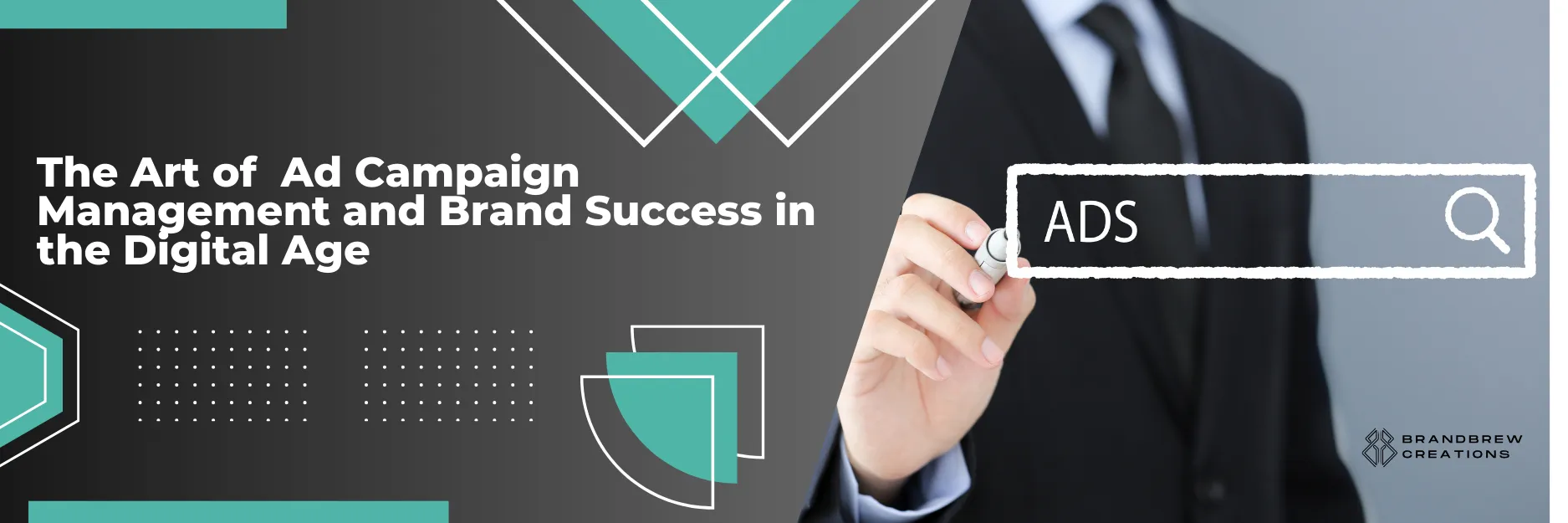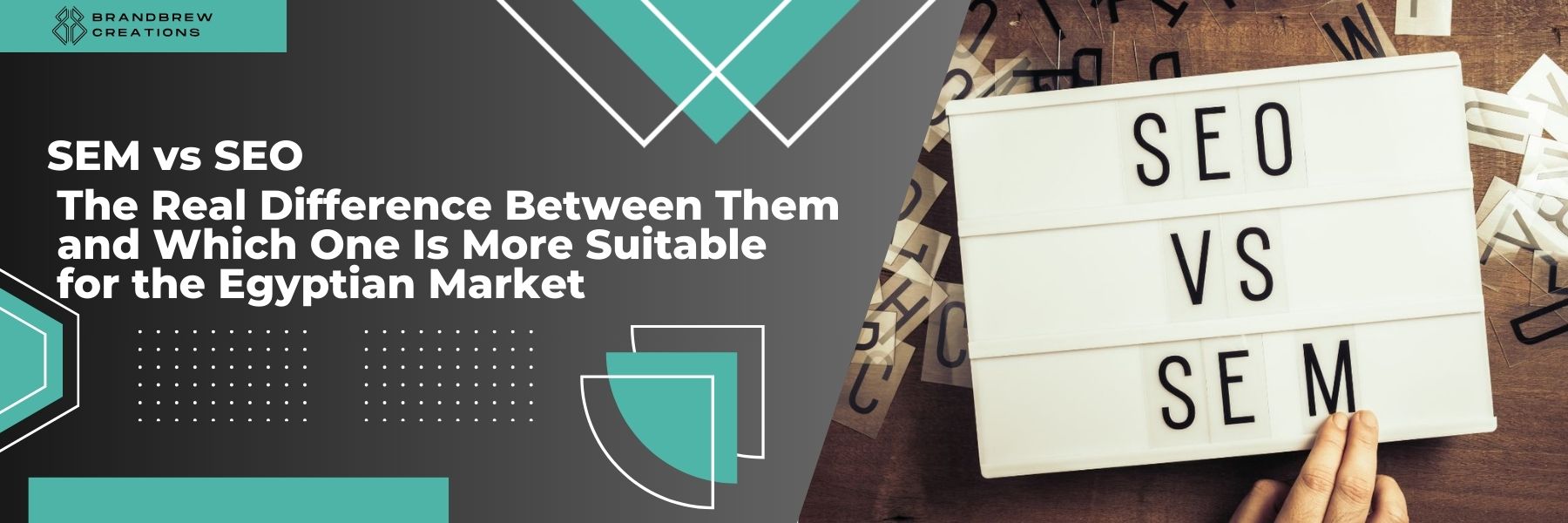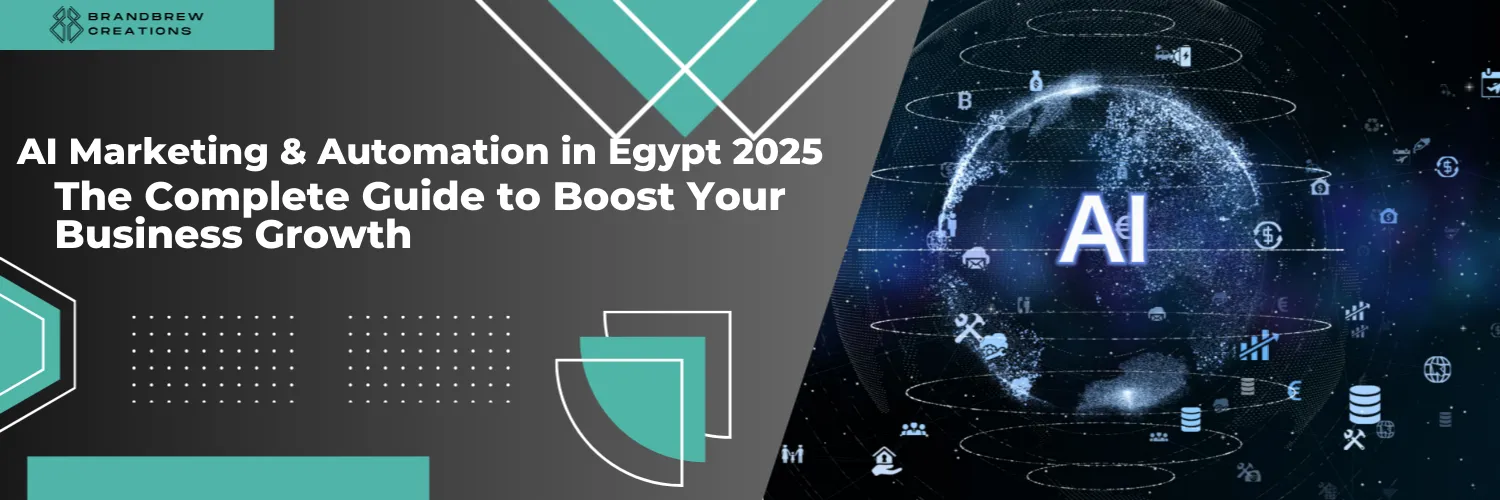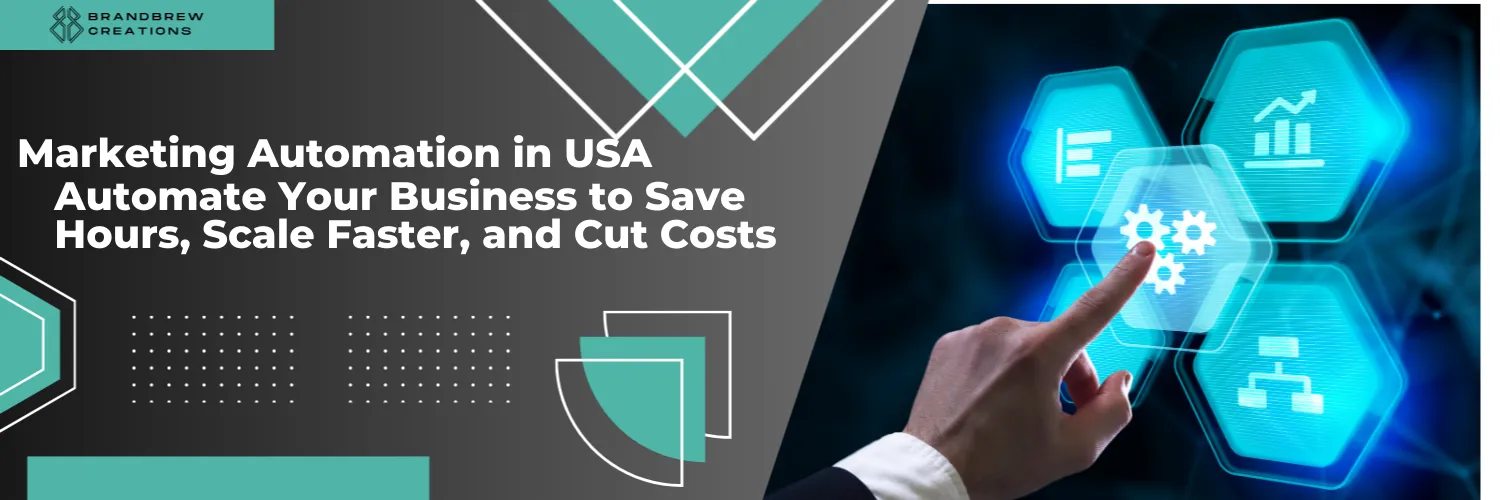In a rapidly evolving world where market dynamics are constantly shifting, relying on randomness or personal effort alone is no longer a viable way to reach your audience and convince them of your product or service. Ad campaign management has emerged as one of the most in-demand skills in digital marketing today. Its essential role lies in ensuring that the right messages are delivered to the right people, at the right time, and through the most effective channels.

How Ad Campaign Management Impacts Brand Growth and Long-Term Success
Ad campaign management isn’t just about launching a post on Facebook, Instagram, or via email. It’s a comprehensive process that involves planning, execution, and analysis with the goal of achieving clearly defined business objectives—whether it’s boosting sales, increasing brand awareness, enhancing engagement, or targeting new customer segments. This process includes many intricate details that, when handled professionally, lead to tangible and sustainable results.
It all begins with understanding the market and the target audience. Before launching any campaign, the marketing team must deeply understand who they’re addressing, what the audience wants, how they think, which platforms they use, and when they’re most engaged. All of this information is gathered through data analysis, competitor research, and digital tools that provide valuable and accurate insights.
Next comes goal-setting. Every ad campaign must be built on a clear, measurable objective—such as achieving a specific number of clicks, increasing website traffic, generating a number of purchases, or gaining subscriptions to a service. These goals must be time-bound and trackable, as this makes it easier to assess the campaign’s success and determine if it needs adjustment or enhancement.
Then there’s the stage of selecting the right platforms. It wouldn’t make sense to invest heavily in LinkedIn ads if your target audience is young people who spend most of their time on TikTok or Snapchat. Conversely, if you’re targeting business professionals or decision-makers, advertising on a platform like LinkedIn will likely be more effective than casual social platforms. This means that platform selection is not random—it’s based on a deep understanding of digital audience behavior.
After that comes the creative stage—writing the ad copy and designing the visuals or videos that will be used in the campaign. This phase requires real creativity because the message needs to be concise, attractive, well-targeted, and reflective of your brand identity. It should also include a strong call to action, like “Buy Now,” “Subscribe,” or “Book Your Free Consultation.” This is the element that transforms a simple message into an interactive and conversion-driving tool.
One of the most critical aspects of managing an ad campaign is performance monitoring and analysis. Launching the campaign is not enough. You must continuously monitor how the audience is responding, which platforms are performing best, what times yield the highest engagement, and which messages lead to clicks or purchases. All this data supports real-time decision-making—whether it’s improving the campaign, refining the message, or reallocating the budget intelligently and efficiently.
Additionally, campaign management isn’t limited to running ads for a week or a month. A well-designed campaign integrates with the company’s overall marketing strategy—be it email marketing, content creation, promotional offers, or even post-sales services. This integration builds a cohesive brand image in the minds of the audience and strengthens your presence in the market.
Automation also plays a vital role in modern ad campaign management. There are tools available that allow you to schedule ads, track performance in real time, and even make AI-based suggestions for optimization. These tools save time, reduce manual effort, and enhance the accuracy of decision-making—making them indispensable in any successful campaign.
Budgeting is another key factor. Smart budgeting means allocating funds appropriately for each phase of the campaign—creative, distribution, testing—and having the flexibility to shift budgets between platforms or campaigns depending on performance. This requires flexible thinking and a readiness to adapt and improve continuously.
It’s also essential to highlight the importance of internal collaboration. Ad campaign management requires coordination across several departments—marketing, sales, customer service, and even finance at times. Because the success of a campaign doesn’t stop at a click, the entire customer journey must be seamless, with the team ready to respond to inquiries or orders quickly and professionally.
In this context, the value of working with specialized companies becomes clear. BrandBrew Creations LLC stands out as a professional agency that helps businesses craft precisely targeted ad campaigns, execute them across the most effective platforms, and monitor performance to ensure maximum return on investment. Thanks to their experience in digital marketing and their deep knowledge of various ad tools and platforms, they are able to transform modest budgets into meaningful, measurable results.
If you’re looking for a partner that will help you attract your ideal customers, strengthen your brand image, and achieve real, measurable results from your ad campaigns, we are here for you.
Reach out to the BrandBrew Creations LLC team today and book your free consultation. Let’s build your advertising success story together and achieve results your brand deserves.
Dont have time to read ? Listen to our articles on the go, Follow our podcasts on Spotify
Frequently Asked Questions (FAQ)
What is ad campaign management?
It’s the process of planning, executing, and analyzing marketing ads across various platforms with the aim of achieving specific results such as sales, engagement, or brand building.
Is ad campaign management suitable for all types of businesses?
Yes, ad campaign management is used across all industries—from small businesses to major brands—and can be tailored based on the objective, target audience, and platforms involved.
What’s the difference between a successful and a failed ad campaign?
A successful campaign is data-driven, has clear goals, targeted messaging, and performance tracking. A failed campaign is often random, lacks follow-up, and is poorly planned.







